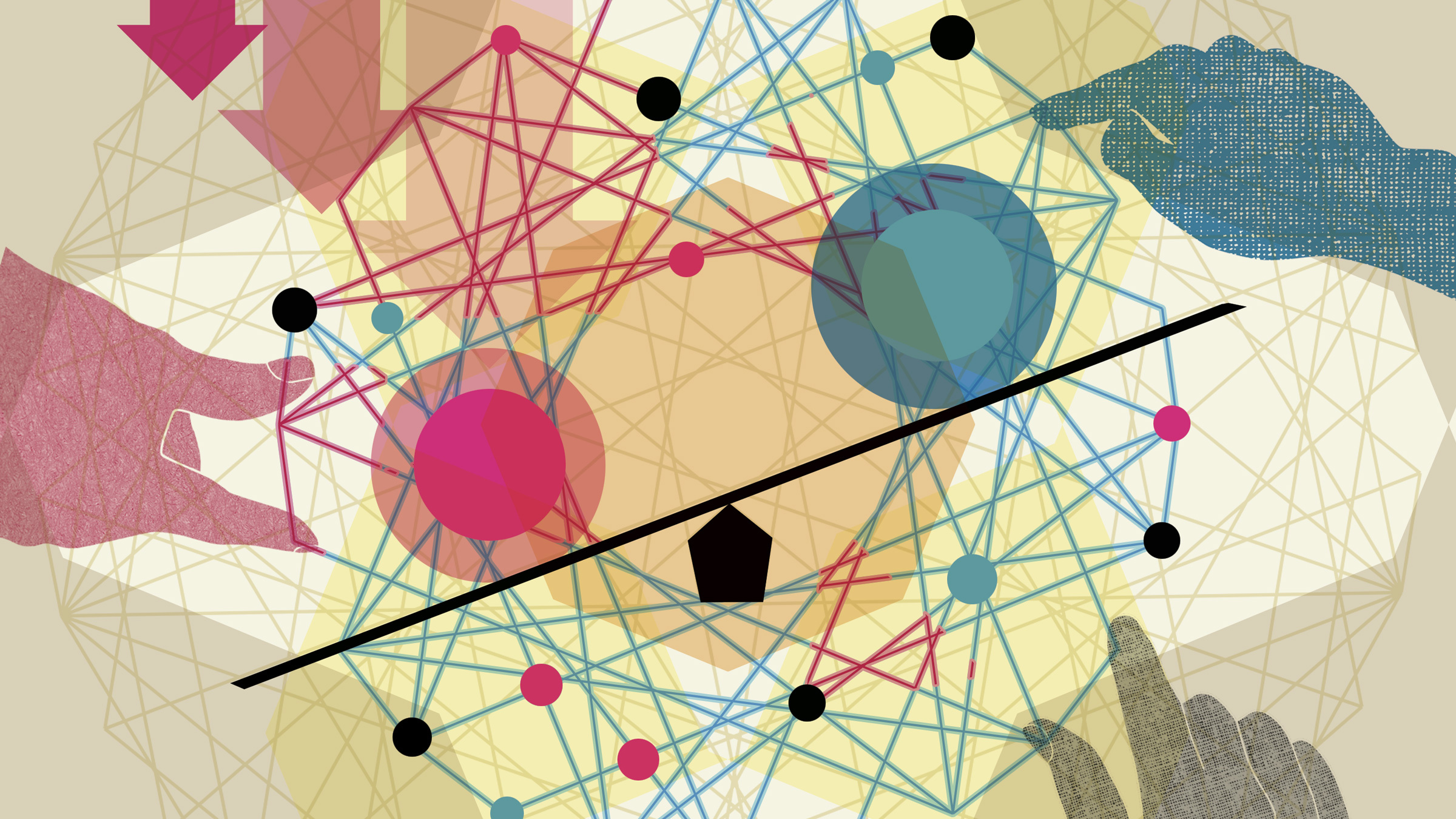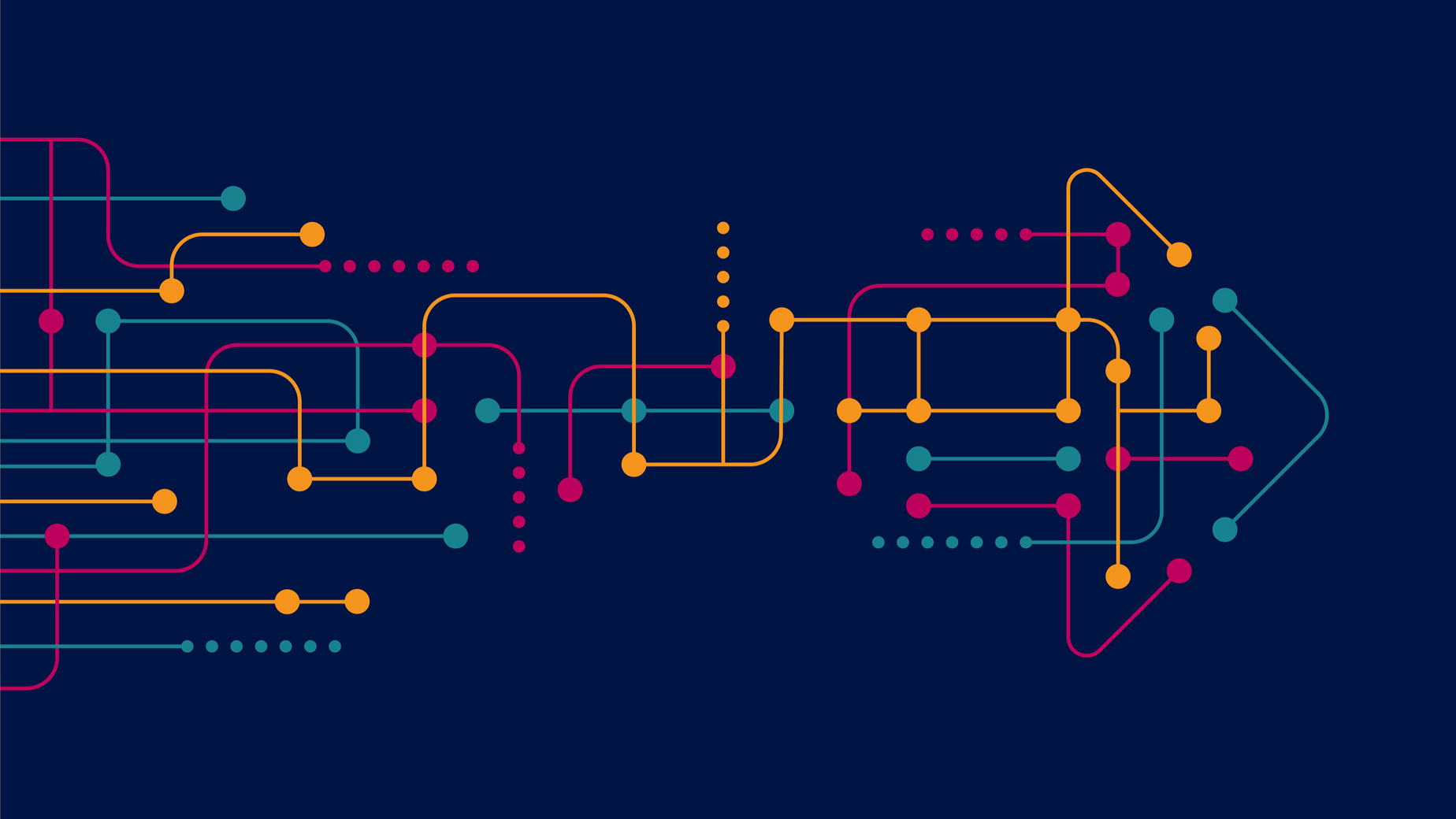Wigderson Named Turing Awardee for Decisive Work on Randomness
Theory
Biocomputation: Moving Beyond Turing with Living Cellular Computers
Fast Parameterized Preprocessing for Polynomial-Time Solvable Graph Problems
Indistinguishability Obfuscation from Well-Founded Assumptions
We examine a formalization of the “one-way compiler" concept with the notion of indistinguishability obfuscation.
Technical Perspective: Hiding Secrets in Programs
"Indistinguishability Obfuscation from Well-Founded Assumptions," by Aayush Jain et al., gives a new construction of indistinguishability obfuscation that is provably secure.
A Unifying Framework for Incompleteness, Inconsistency, and Uncertainty in Databases
Superpolynomial Lower Bounds Against Low-Depth Algebraic Circuits
In this paper, we prove the first superpolynomial lower bounds against algebraic circuits of all constant depths over all fields of characteristic 0.
Technical Perspective: How Easy Is It to Describe Hard Polynomials?
"Superpolynomial Lower Bounds Against Low-Depth Algebraic Circuits," by Nutan Limaye et al., achieves a landmark in the larger quest of understanding hardness, dentity testing, and reconstruction.
What Should We Do when Our Ideas of Fairness Conflict?
Theoretical Analysis of Edit Distance Algorithms
Cook-Levin: The Ugly Underbelly is Good for Us
Boosting Fuzzer Efficiency: An Information Theoretic Perspective
In this paper, we take the fundamental perspective of fuzzing as a learning process.
Technical Perspective: What’s All the Fuss about Fuzzing?
"Boosting Fuzzer Efficiency: An Information Theoretic Perspective," by Marcel Böhme, Valentin J.M. Manès, and Sang Kil Cha, presents a novel twist to fuzzing that is shown to increase the central metric of the number of bugs found.
Generative AI as a New Innovation Platform
Generating and Exploiting Automated Reasoning Proof Certificates
Historic Algorithms Help Unlock Shortest-Path Problem Breakthrough
The Smallness of Large Language Models
Shape the Future of Computing
ACM encourages its members to take a direct hand in shaping the future of the association. There are more ways than ever to get involved.
Get InvolvedCommunications of the ACM (CACM) is now a fully Open Access publication.
By opening CACM to the world, we hope to increase engagement among the broader computer science community and encourage non-members to discover the rich resources ACM has to offer.
Learn More






















